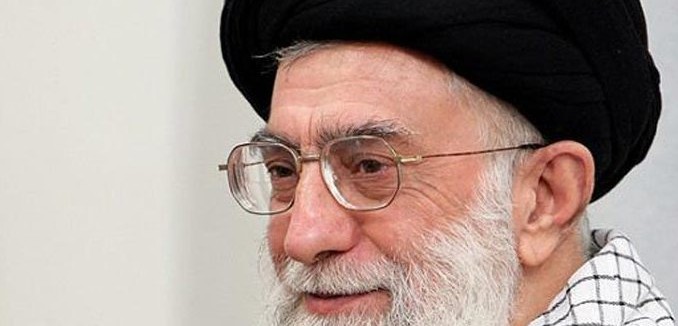Iran’s supreme leader Ayatollah Ali Khamenei rejected proposals for direct negotiations with the United States after U.S. Vice President Biden floated them last week.
Khamenei’s refusal reflects the known and explicit position of Iranian hardliners, explicitly expressed in the context of mass protests as recently as November. Prominent U.S. media outlets nonetheless insisted as recently as December that the U.S. should seek direct bilateral talks of the kind now firmly foreclosed by Khamenei.
Multilateral talks between Tehran and the so-called P5+1 nations – the U.S., Britain, France, Russia, China, and Germany – are meanwhile scheduled to resume later this month in Kazakhstan. Three rounds of similar talks ended without progress last year after Tehran demanded Western powers roll back their sanctions before the regime would discuss making concessions regarding its nuclear program, which is widely suspected of having a clandestine component.
An ex-Iranian diplomat recently warned that Tehran intends to use nuclear weapons it acquires against Israel and against other American allies.
Analysts fear that even if Iran declines to use weapons of mass destruction, it will use their existence to blackmail rival states and expand its regional influence. Arab states have expressed particular concerns about such scenarios, which include Iran using the immunity provided by nuclear weapons to seize territory it claims for itself, including the entire nation of Bahrain. In July 2010, the UAE’s ambassador to the United States publicly made the case that the benefits of bombing Iran’s nuclear installations outweighed the costs. Leaked cables emerged later that year indicating that Saudi Arabia had privately urged U.S. officials to strike Iran.
[Photo: DragonFire1024 / Wiki Commons]




